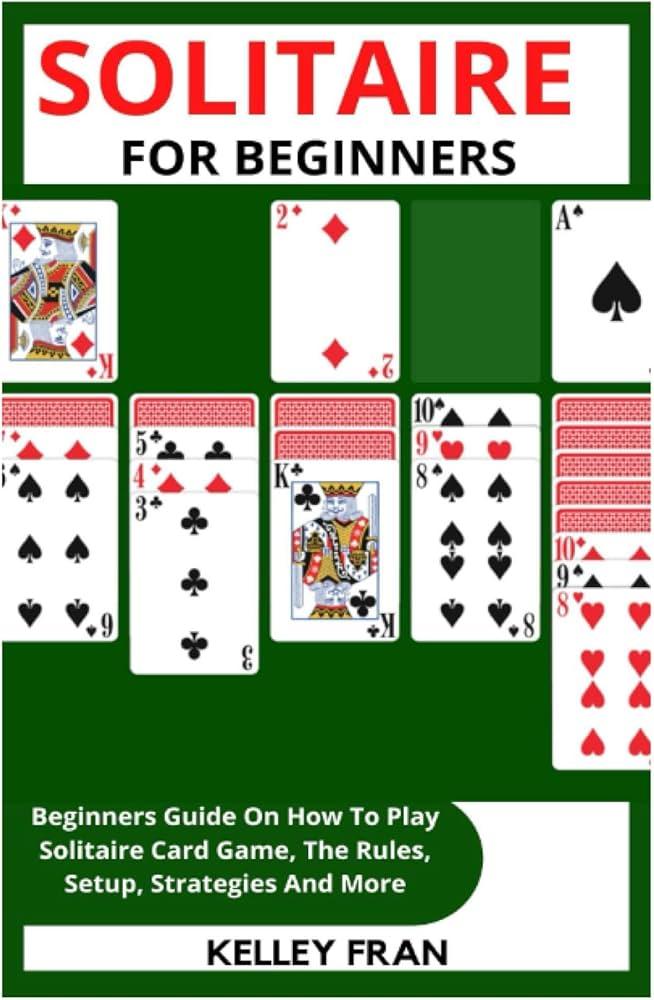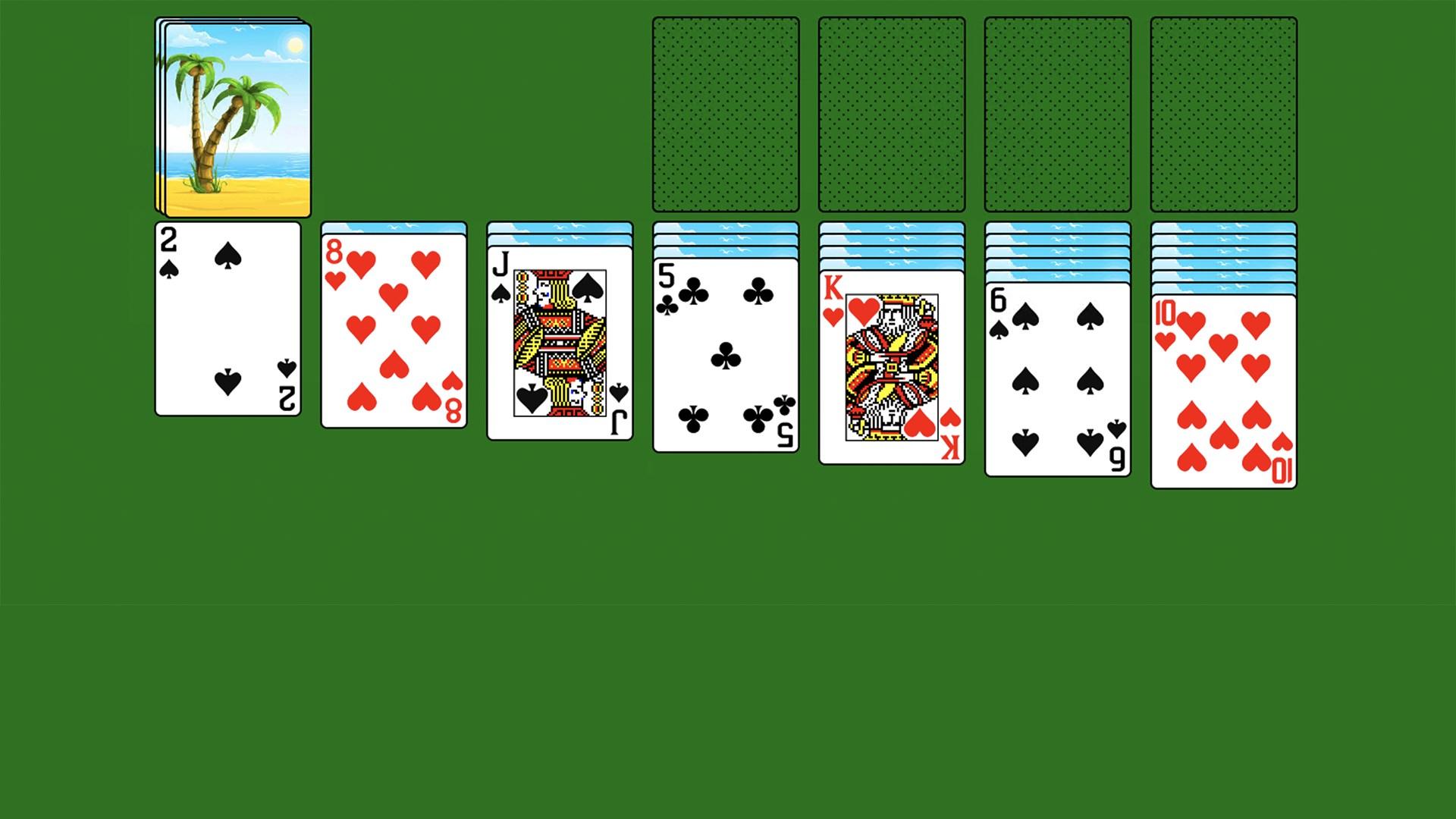are solitaire games rigged

Are Solitaire Games Rigged? Unraveling the Mystery Behind the Cards
In a world where digital entertainment reigns supreme, solitaire has carved out a timeless niche, captivating players across generations with its simple premise and solitary charm. Whether you shuffle a standard deck of cards or tap your screen to play a digital version, the allure of stacking, organizing, and ultimately clearing the tableau remains irresistible. Yet, in the quiet moments between moves, a nagging question arises: Are solitaire games rigged?
As players delve deeper into the strategy and luck involved in this seemingly straightforward pursuit, whispers of unfair odds and predetermined outcomes begin to surface. What if the cards you encounter are not merely a product of chance, but instead influenced by unseen forces? In this article, we will explore the factors that contribute to the perception of rigging in solitaire games, examining the mechanics behind the randomness, the psychology of the player, and the technology that powers modern gaming. Join us as we seek to illuminate the shadowy corners of this beloved pastime, and discover whether the deck is truly stacked against us.
Examining the Algorithms Behind Solitaire Games
To understand the fairness of solitaire games, one must delve into the intricate algorithms that govern them. These algorithms are designed to create a balance between randomness and structure, ensuring that players encounter a range of challenges while maintaining accessibility. The shuffle algorithm is particularly crucial, as it dictates the distribution of cards at the beginning of each game. A well-executed shuffle should produce a truly random layout, minimizing predictability. However, certain online versions may implement proprietary algorithms that are not fully transparent, leading players to question whether their odds are genuinely fair.
Moreover, players should consider how game design choices can influence their perception of fairness. For example, some solitaire variations may include win conditions or levels of difficulty that impact player experience. By adjusting parameters like the number of allowed moves or customizing the deck, developers can create an engaging and sometimes deceptive gaming environment. The following table illustrates different factors that can affect gameplay and perceptions of rigging:
| Factor | Influence on Game |
|---|---|
| Algorithm Transparency | Higher transparency leads to trust. |
| Shuffle Method | Affects randomness and player experience. |
| Card Layouts | Certain layouts can feel rigged to players. |
| Game Modifications | Can create unique challenges or enhance perception of difficulty. |

Understanding Game Design and Randomness in Solitaire
Game design in Solitaire is intricately woven with randomness, a fundamental aspect that shapes each playthrough. This randomness originates from the shuffling of cards, determining the initial layout that players confront. The mechanism behind this randomness is what makes every game unique; however, it can also lead to perceptions of unfairness. Players may feel that certain hands are excessively difficult or nearly impossible to win, raising questions about the integrity of the game. It’s essential to understand that while some layouts can indeed feel rigged, they often stem from the natural variability of shuffled cards rather than any deliberate manipulation.
To delve deeper into this concept, consider the following aspects of randomness in Solitaire:
- Shuffle Algorithms: Most digital versions of Solitaire employ sophisticated algorithms to ensure a fair distribution of cards.
- Player Strategy: Player choices and strategies significantly influence outcomes, adding a layer of complexity to the perception of fairness.
- Statistical Odds: Certain starting positions have lower odds of winning, which can skew player experiences.
When assessing the randomness in various Solitaire games, we can break down player experiences through a simple table:
| Layout Type | Win Probability |
|---|---|
| Balanced Layout | ~50% |
| Tight Layout | ~20% |
| Favorable Layout | ~70% |
| High Complexity Layout | ~15% |
This table illustrates that while some layouts may seem impossible at first glance, they adhere to statistical patterns inherent in the game’s design. Understanding these details is key to appreciating the role of randomness in Solitaire.

Unraveling Player Perceptions of Fairness
The concept of fairness in gaming is often shaped by players’ experiences and perceptions. In classic solitaire games, players may feel as though they are at the mercy of random chance, leading to questions about whether the deck is stacked against them. Factors influencing this perception include:
- Game Design: The algorithms that determine shuffling and card distribution can create scenarios where players frequently encounter seemingly unfavorable outcomes.
- Confirmation Bias: When individuals believe a game is rigged, they may only remember the times they experienced losses, reinforcing their negative perception.
- Player Skill: Variations in skill levels can lead to different experiences; more experienced players may find patterns that less experienced individuals overlook.
To objectively analyze fairness, one could examine statistical data regarding card distribution and winning percentages. A simple table comparing typical outcomes in solitaire can shed light on the game’s integrity:
| Outcome | Frequency (%) | Player Skills |
|---|---|---|
| Wins | 45% | Intermediate |
| Losses | 55% | Intermediate |
| Thought it was rigged | 30% | All levels |
This data offers insights into how chance and skill interplay within the game, bridging the gap between perception and reality. Understanding these dynamics may help players cultivate a healthier relationship with solitary card games and appreciate the luck involved while refining their skills.

Strategies for Enjoying Solitaire Without Doubt
When diving into the world of solitaire, it’s essential to adopt certain strategies that enhance your experience, ensuring enjoyment rather than doubt. Start by familiarizing yourself with the game rules and variations. Understanding the specific mechanics of the solitaire game you choose can help you navigate potential pitfalls and create winning strategies. Practice makes perfect; regularly playing the game helps you identify patterns and develop your cognitive skills. Additionally, consider the following tips:
- Start with a clear layout: Keep your cards organized and easily accessible.
- Focus on empty spaces: Use them strategically to maneuver cards effectively.
- Manage your deck: Be mindful of how and when you flip cards from the deck.
Moreover, to further enhance your solitaire experience, tracking your progress can also be beneficial. Record your wins and losses to gauge your improvement over time, adding an element of self-reflection that can make the game more rewarding. Engage with online communities or forums, sharing your experiences and learning from others can also provide fresh insights. Below is a brief comparison of popular solitaire variants that you might explore:
| Game Variation | Difficulty Level | Average Playtime |
|---|---|---|
| Klondike | Medium | 5-15 minutes |
| Spider | Hard | 20-40 minutes |
| Freecell | Variable | 10-30 minutes |
The Conclusion
the question of whether solitaire games are rigged remains a multifaceted topic, steeped in both skepticism and shadowy nuances. While the mechanics of a well-designed solitaire game uphold the ideals of fairness and randomness, external factors can sometimes skew our perceptions of chance. The allure of that solitary pile of cards lies not only in achieving victory but also in the psychological dance between strategy and luck. Whether you view solitaire as a test of skill or a mere game of fate, one thing is certain: its enduring charm continues to captivate minds and challenge players across generations. So, the next time you shuffle your deck, remember that the outcome is as much about your choices as it is about the hand you’re dealt. Embrace the mystery, enjoy the journey, and may your next game bring the thrill of unexpected triumphs—rigged or not.

Leave a Reply